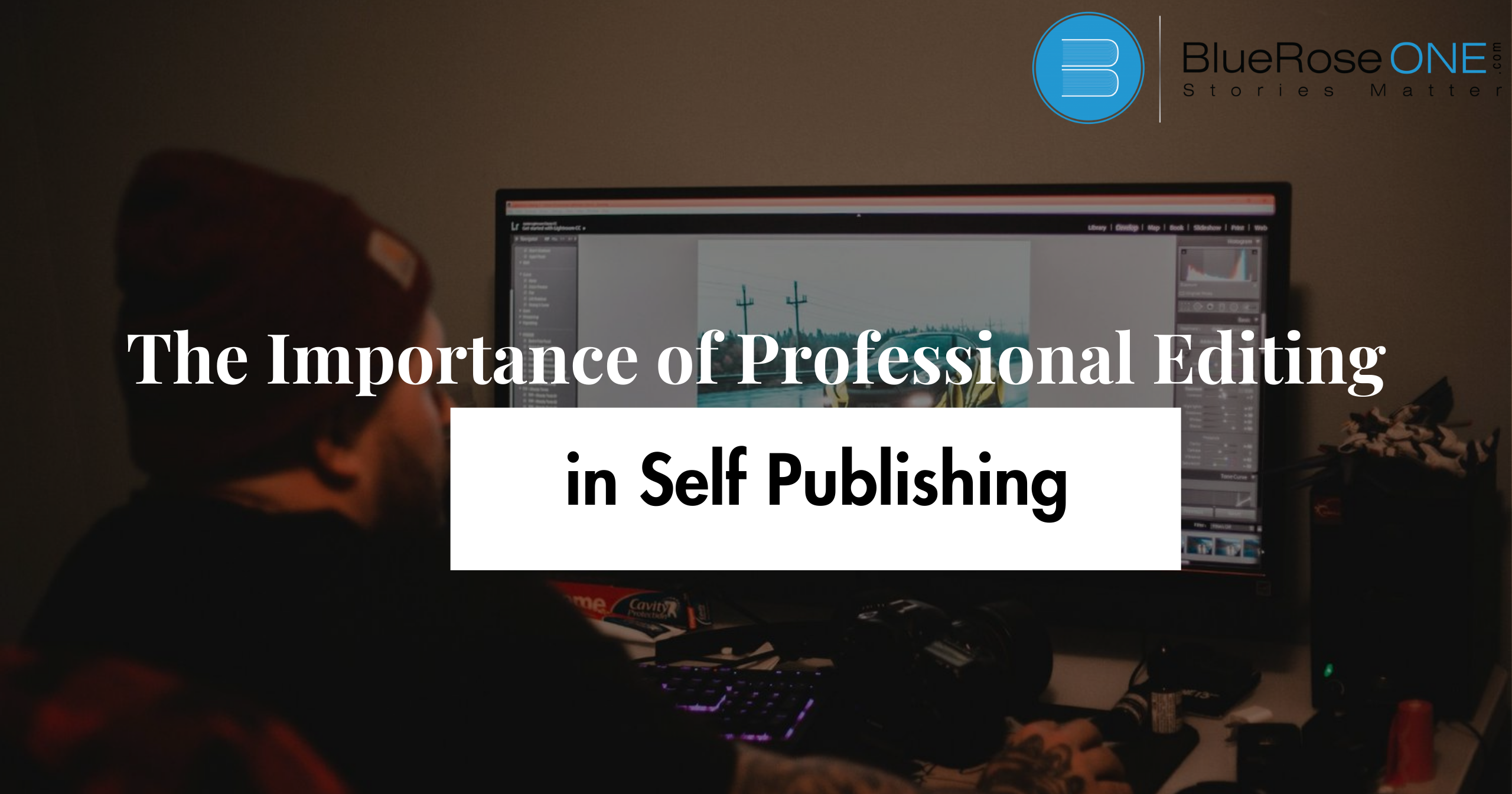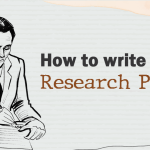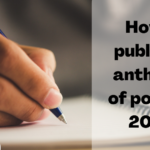Self-publishing has revolutionized the world of literature, offering authors the freedom to bring their stories to life without the constraints of traditional publishing houses. With platforms like Amazon Kindle Direct Publishing and BlueRoseOne, authors can now publish their work independently, reaching audiences worldwide.
While the autonomy of self-publishing is empowering, it also comes with its set of challenges, one of the most critical being the need for professional editing.
What is Self-Publishing?
Self-publishing refers to the process where authors take on the responsibility of publishing their books independently, without the involvement of traditional publishing houses. This approach has gained popularity in recent years due to its accessibility and flexibility, allowing authors to retain creative control and a higher percentage of royalties.
You may also like: Top 10 Best Biographies of All Time
Challenges Faced by Self-Publishing Authors
Despite its advantages, self-publishing presents unique challenges for authors. One of the most significant hurdles is the lack of editorial oversight.
Unlike traditional publishing, where manuscripts undergo rigorous editing by professional editors, self-publishing authors often bypass this crucial step in a bid to expedite the publishing process.
Consequently, many self-published books suffer from quality issues, ranging from grammatical errors to inconsistent storytelling.
You may also like: Insights from Bestselling Authors: The Art of Storytelling
The Role of Professional Editing
Professional editing plays a crucial role in ensuring the success of a self-published book. Beyond correcting grammar and punctuation, editors enhance the overall quality of the manuscript, making it more engaging and marketable. They focus on improving readability, coherence, and consistency, thereby elevating the author’s work to industry standards.
Maintaining Consistency
One of the primary functions of professional editing is to maintain consistency throughout the manuscript. This includes ensuring consistency in style, tone, and voice, which are essential for creating a cohesive reading experience.
Editors also pay close attention to plot and character consistency, identifying any discrepancies or plot holes that may disrupt the narrative flow.
Polishing the Manuscript
In addition to consistency, professional editors address structural issues within the manuscript. They help authors refine their ideas, organize content logically, and eliminate any redundancies or tangents that detract from the story’s coherence.
By polishing the manuscript, editors transform raw material into a polished work of art, ready for publication.
Impression on Readers
A professionally edited book makes a lasting impression on readers. It reflects the author’s commitment to excellence and professionalism, instilling confidence in potential readers and reviewers alike.
A polished manuscript not only enhances the author’s credibility but also increases the chances of positive reviews and word-of-mouth recommendations.
Avoiding Negative Reviews
One of the most significant benefits of professional editing is the prevention of negative reviews. Errors such as typos, grammatical mistakes, and inconsistencies can detract from the reading experience, leading to unfavorable reviews and diminished sales.
By investing in professional editing services, authors minimize the risk of such pitfalls, ensuring a positive reception from readers.
Professional Editing vs. Self-Editing
While self-editing has its merits, it cannot replace the expertise of a professional editor. Self-editing often overlooks blind spots, as authors are too close to their work to identify areas for improvement objectively. Professional editors bring a fresh perspective and a trained eye to the manuscript, offering invaluable insights and constructive feedback that enhance the final product.
Investing in Your Work
Viewing professional editing as an investment rather than an expense is crucial for self-publishing authors. While editing services incur upfront costs, the long-term benefits far outweigh the initial investment. A professionally edited book stands out in a crowded market, attracting more readers and generating higher revenue in the long run.
You may also like: Strategies for Effective Book Recommendations in Publishing
Finding the Right Editor
Finding the right editor is essential for the success of a self-published book. Authors should conduct thorough research, seeking recommendations, and reviewing editors’ portfolios before making a decision. Compatibility and communication are also vital factors to consider, as a collaborative relationship between author and editor is key to achieving the desired results.
Budgeting for Editing Services
When budgeting for self-publishing, allocating funds for editing services is paramount. While it may be tempting to cut costs in this area, doing so compromises the quality and marketability of the book. Authors should prioritize editing in their budget, understanding that it is a necessary investment in the success of their work.
You may also like: Everything to Know About Popular Romance Books in 2023
Conclusion
In conclusion, professional editing plays a critical role in the success of self-published books. From maintaining consistency to enhancing readability, editors elevate manuscripts to industry standards, making them more appealing to readers and reviewers. By investing in professional editing services, self-publishing authors can ensure that their work stands out in a competitive market, setting the stage for success.
Frequently Asked Questions
- Professional editing improves the quality and marketability of self-published books, enhancing the author’s credibility and reader experience.
Research editors, seek recommendations, and communicate with potential editors to ensure compatibility and expertise.
Professional editing offers a fresh perspective and expert insights, whereas self-editing may overlook blind spots and inconsistencies.
Editing costs vary depending on the editor’s experience and the complexity of the manuscript. Allocate a reasonable portion of your budget for editing to ensure quality results.
Yes, professional editing minimizes errors and inconsistencies, reducing the likelihood of negative reviews and enhancing the overall reader experience.
















